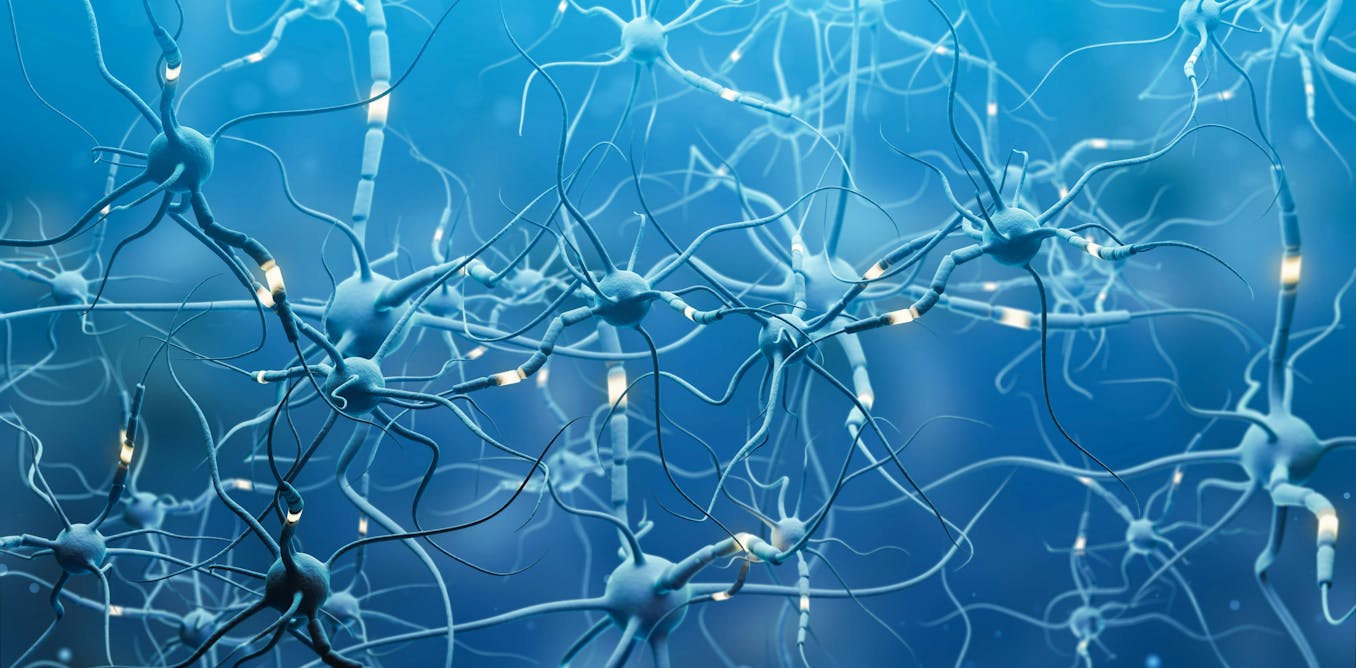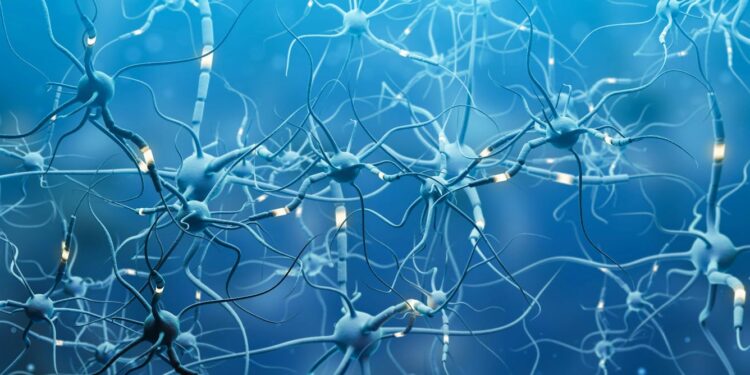
Amyotrophic lateral sclerosis (ALS) is a devastating neurological disorder of unknown cause, in which motor nerve cells of the brain and spinal cord that transmit signals to muscles progressively degenerate. This weakens limbs and affects speech, swallowing and ultimately the ability to breathe, resulting in death, typically within just a few years.
Each year in Canada, approximately two people per 100,000 are diagnosed with ALS, amounting to about 1,000 cases based on the current population. In British Columbia, where we are located, the rate is estimated at just over three per 100,000 or roughly 190 new cases per year.
This equates to approximately 4,000 Canadians — and 400 British Columbians — living with ALS at any given time.
Rigorous ALS research is underway locally, nationally and internationally to slow — and ideally reverse — the relentless progression of this disease. Significant advances in understanding the genetic and environmental drivers of ALS are providing genuine hope that motor neuron diseases will one day be defeated.
As experts in neurology and ethics, we are committed to delivering the best available health care and information throughout B.C. and across Canada. Trust in science and informed hope are essential to achieving the best possible outcomes and the longest possible trajectories in enjoying life when facing the overwhelming odds of ALS.
Table of Contents
A disturbing case
In June, CBC’s The National reported on the case of Geoff Sando, a person living with ALS who pursued an unproven intervention for his condition. Sando travelled to Moose Jaw, Sask., to seek treatment at a clinic that claims to provide a cure for ALS.
The ALS Society of Saskatchewan and the provincial New Democrat Party allege the clinic attended by Sando and several other patients is a form of medical tourism — travelling elsewhere to seek treatment — that can prey on the most vulnerable in society: those whose quality of life is deteriorating, and whose futures are tragically cut short.
Medical tourism for a wide variety of other health-related conditions is not new. For example, treatments for cancer, strokes and orthopedic conditions have been available abroad for decades.
In the United States and Mexico, unfounded stem cell interventions for ALS have been advertised for years. But until recently, it had been unusual to find such offerings in Canada. Their emergence speaks to the need for Health Canada to revisit its guidance on both regulated health and unregulated wellness products, including all forms of treatments, medications and device-based approaches.
Read more:
Giving patients the ‘right to try’ experimental drugs is a political maneuver, not a lifesaver
We understand the urgency and desire to pursue any thread of hope in the face of desperation, but claims of dramatic improvement or cures from ALS by unregulated clinics that seem too good to be true are likely just that.
Before investing in alternative treatments, we recommend that patients conduct their due diligence by consulting with their health-care team and their provincial ALS society for guidance. Ineffective interventions can jeopardize not only recipients, but also caregivers, especially when financial resources are drained.
Trusted sources
Developing approved therapies for ALS has been painfully slow, as evidenced by the failure of more than 95 per cent of ALS clinical trials in the past 28 years. Only three drugs — riluzole, edaravone and tofersen — have been approved by Health Canada and the U.S. Food and Drug Administration.
Although riluzole and edaravone are only modestly effective, they remain the only widely approved pharmacological options for all forms of ALS. Tofersen is the first gene therapy recently approved to treat hereditary ALS caused by SOD1 gene abnormalities. Other treatments are being evaluated worldwide.
This marks only the beginning of such treatment approaches to not only hereditary ALS but also non-hereditary ALS, which makes up about 90 per cent of all cases.
Read more:
A promising new study could lead to a reduction in symptoms of amyotrophic lateral sclerosis (ALS)
For those affected by ALS and their families, ample resources are provided by various organizations, including ALS Canada and related provincial organizations, including the ALS Society of BC.
Future hope
Canadians generally trust science and scientists more than citizens of other countries and, on the whole, value science and believe in our government’s support for the work that scientists do.
But in this time of geopolitical upheaval, vast incursions of disinformation and reversals of prior evidence-based human and health rights abroad means keeping up this level of trust — trust that leads to hope — will only become more challenging.
The disproportionate suffering and impact on people who are marginalized by serious health conditions will only grow if dubious treatment offerings become normalized in Canada.
























